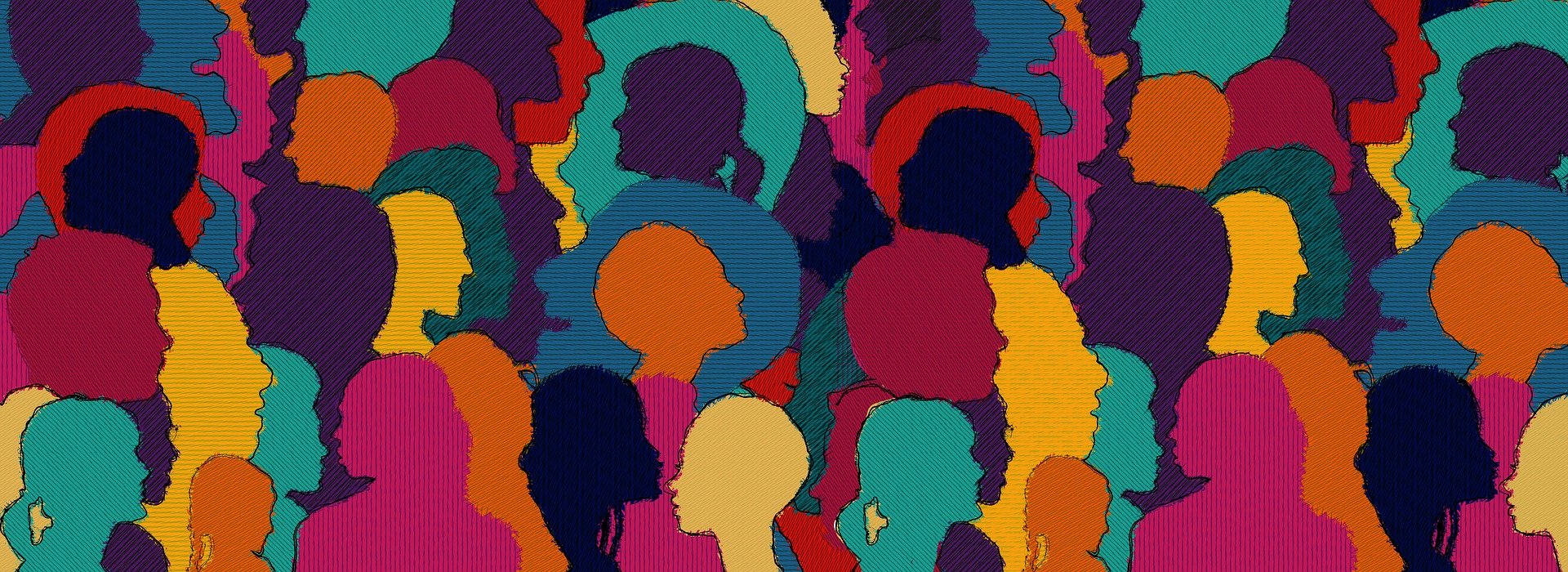
By Dr Kenji Okuse, Chair of EDI Committee, Department of Life Sciences
I came to the UK from Japan in 1995, and as a non-White member of society, had my own perspective on equality, diversity and inclusion (EDI) issues, but to be honest I hadn’t thought about them seriously until I had the opportunity to get involved with the Department of Life Sciences (DoLS) EDI Committee in May 2019. I first took on the role of interim Chair, and now act as the Chair of the Committee. There are many complex and evolving issues in EDI, and my aim as Chair is to make our Department a fairer and friendlier place for everyone no matter, who they are or what role they have.
Tackling systemic issues: starting at the personal and local level
A world where everyone has equal opportunities and respects each other is what we hope for and work towards. However, it’s very difficult to achieve significant change towards that ideal without having proper structures in each level of our society designed to help us to get better at tackling the systemic issues that underpin it. Our interactions with the people we encounter every day – our families, friends, colleagues, students and many others – are the local places and communities where we can reflect on our personal interactions, and enact immediate change for the better, before talking about society and the world at large.
In departments we need to focus on fairness among academic staff, research staff, support staff, and of course, our students – each one of these units is a vital part of our local department communities, which in turn make up the broader communities of Faculty and College, and the much broader world of science research, application and education. Promoting the culture of fairness and togetherness at each of these levels is essential to make not only the College and science community a better place for everyone, but also its outputs and applications too. Imperial attracts talented people from all over the world and members of the College are diverse many ways – but there’s still a way to go before our internal community reflects and caters for society as a whole. We should aim to better reflect that society by improving routes into education, research and professional roles, and internally, be a model of society where everyone respects each other.
A Departmental EDI Committee
The DoLS EDI Committee meets five times a year – during the pandemic we’ve shifted to meeting online. Our Committee consists of variety of members including senior and junior academic staff, representatives from teaching fellows, research fellows, postdocs, students, and support staff. We collate input from all sections and discuss a broad range of matters to solve Departmental issues and to make our local environment better.
Athena SWAN
DoLS currently holds an Athena SWAN bronze award, which was successfully renewed last year. We aim to improve on that in the next application. We’ve devised action plans based on both the Athena SWAN application itself, and also using data from the College’s Staff Survey carried out last year. We also check our workload allocation model annually by consulting every staff member to update the tariff system. This workload allocation model is used to ensure that teaching and administrative duties are distributed fairly amongst staff.
Tackling discrimination
We take racial discrimination issues seriously, and strongly support the Black Lives Matter movement. Our Head of Department, Professor Anne Dell, published a statement on our website in response to the killing of George Floyd. We also created an Online Suggestion Box, through which DoLS staff and students can give us feedback, suggest ideas or get involved with EDI in the Department. Anyone who needs confidential support and advice can reach us via this route, or offer suggestions anonymously.
Diversifying our community
In order to ensure wider participation, particularly for underprivileged students, DoLS has set up PhD studentships to encourage applications from individuals who completed their Bachelors and/or Masters degrees at non-Russell group universities. We hope this initiative will help increase the diversity of our PhD student body and further our aim to achieve wider participation.
We are here to listen, to support, to act
The DoLS EDI Committee is here to listen, to support and to act. Please do get in touch with us if you have ideas and would like to get involved.
Access support
If you’ve experienced discrimination, bullying or abuse of any kind you can find confidential help and support via the links below.
Students
Students can raise any worries or issues with their personal tutors, senior tutors and supervisors. Find out more about:
Staff
Staff can report issues to their line managers and Heads of Department. Find out more about: